How to install Debian 10. YouTube
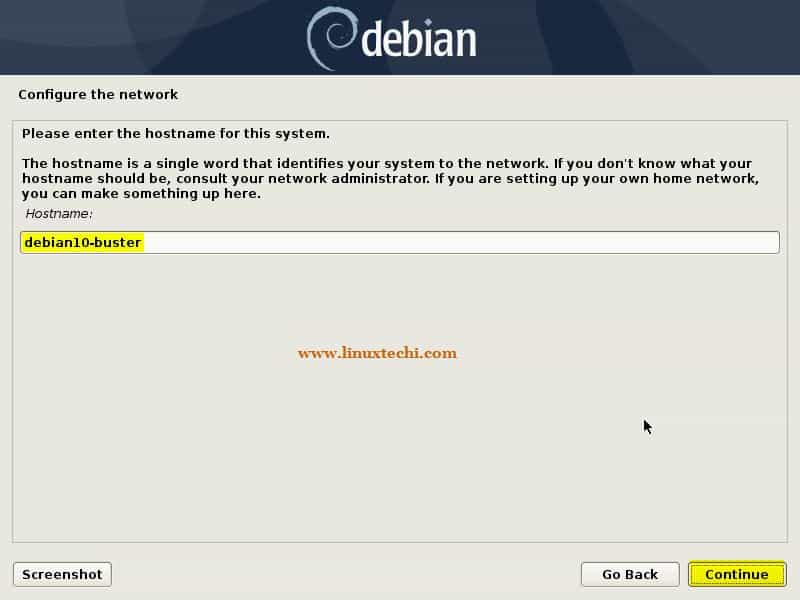
Debian 10 (Buster) Installation Steps with Screenshots
To install the default JDK (Java Development Kit) on your system, run: apt-get install default-jdk. Java and Debian. Debian provides several Java implementations. Each of them have a development environment (JDK) and a runtime (known as JRE, or Java Virtual Machines JVM). Here's a list of Java environment.

Installing Debian 10 Minimal Server
In this tutorial, you will install Java on Debian 10. You can follow the same guidelines for other Ubuntu-based distribution, including Kubuntu, Linux Mint, and Elementary OS. We will also address some FAQs related to the Java installation. Advantages of Java

How to Install Java (JDK and JRE) on Debian 10
To install Java 12 on Debian 10, you need to add the linux uprising java PPA repository as shown below; echo "deb http://ppa.launchpad.net/linuxuprising/java/ubuntu bionic main" | sudo tee /etc/apt/sources.list.d/linuxuprising-java.list sudo apt install dirmngr sudo apt-key adv --keyserver hkp://keyserver.ubuntu.com:80 --recv-keys 73C3DB2A

How to Install Java (JDK and JRE) on Debian 10
Step 1 - Search OpenJDK Packages OpenJDK packages are available under native apt repositories. You can simply use apt-cache search command to search available java version for your Ubuntu system. sudo apt update sudo apt search openjdk As per above output, you can see openjdk-11-* and openjdk-8-* is available in the package manager. ADVERTISEMENT
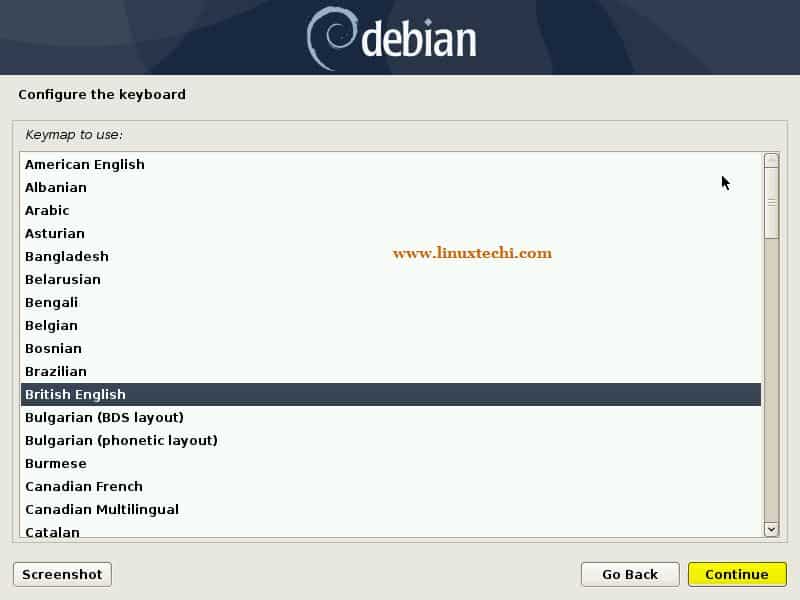
Debian 10 (Buster) Installation Steps with Screenshots
In this installation, we will consider use of OpenJDK and the official Oracle JDK. When choosing between the two, factors like support, licensing are important. OpenJDK is a common choice since it's open-source and ticks all the boxes in Java SE specification. 1. Install Oracle JDK 21 on Debian
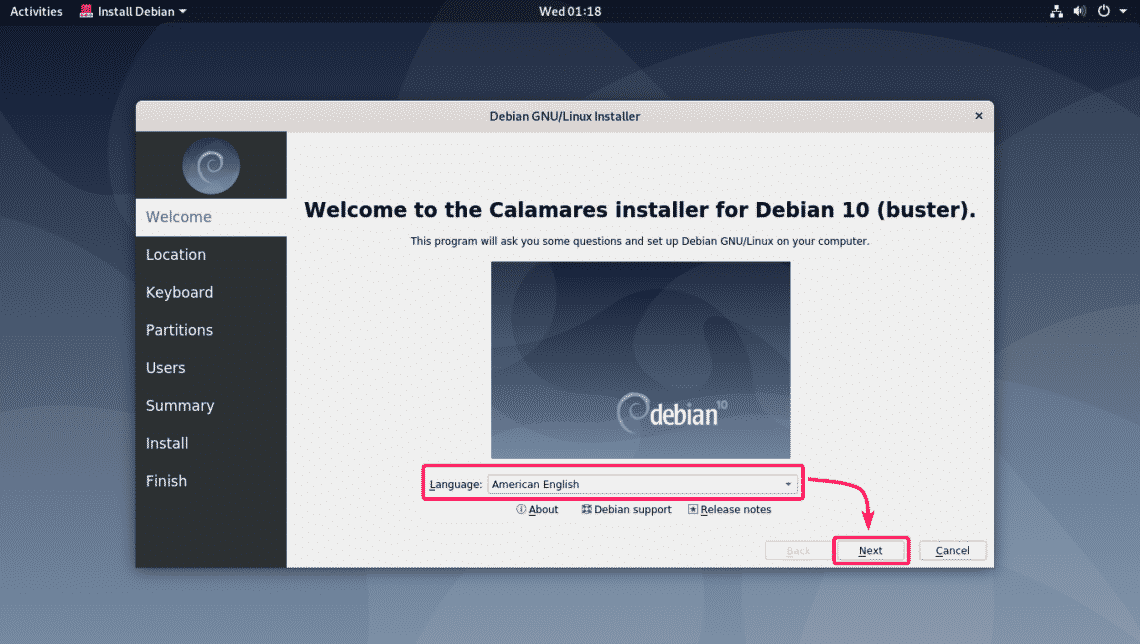
Installing Debian 10
OpenJDK 8 installation. OpenJDK 8 is available in Debian 10 Operating system as a default JDK. To install OpenJDK 8 into Debian 10 machine, use the following command: $ sudo apt update $ sudo apt install default-jdk. After completion of JDK installation you can verify it by checking the version of Java, as shown below: $ sudo java -version.

How to setup the JAVA_HOME path in Debian 10
Preparing for Installation Firstly, acquaint yourself with your Debian 10 system, ensuring it's equipped with the essential updates. Open your terminal, the gateway to the inner workings of your system, and execute the command sudo apt update to synchronize the package index with the latest versions available.

How to install Oracle JAVA 10 on Debian YouTube
The easiest option for installing Java is to use the version packaged with Debian. By default, Debian 10 includes OpenJDK version 11, which is an open-source variant of the JRE and JDK, and is compatible with Java 11. Java 11 is the current Long Term Support version of Java. To install the OpenJDK version of Java, first update your apt package.
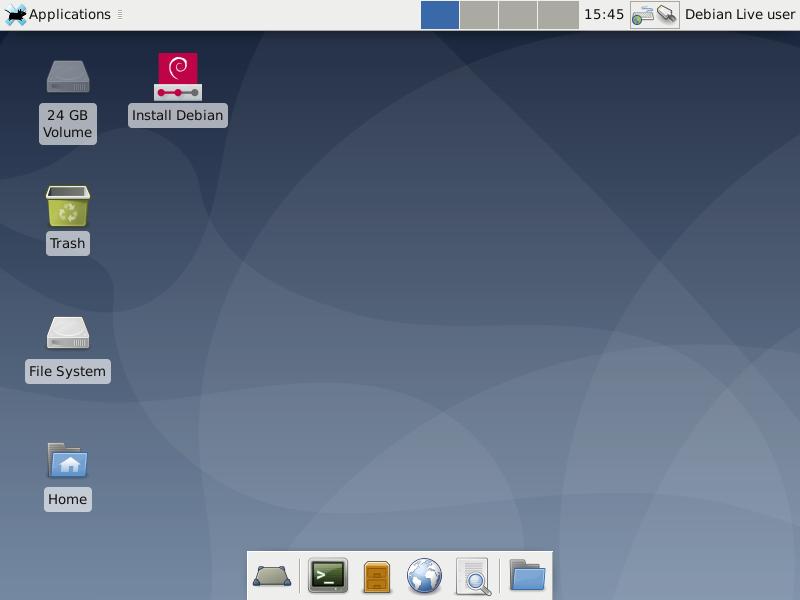
Como Instalar Debian 10 ahora
How to Install Java on Debian 10 Linux Updated on Feb 24, 2020 • 4 min read In this tutorial, we will explain how to install Java (OpenJDK) on Debian 10 Linux. Java is one of the most popular programming languages used to build different kinds of applications and systems. Applications developed in Java are scalable, flexible, and maintainable.

How to install Debian 10. YouTube
Install Java 17 (OpenJDK 17) on Debian 10/9 Update your list of packages and install wget. sudo apt update sudo apt -y install wget curl The download the Java SE Development Kit 17 package. wget https://download.oracle.com/java/17/latest/jdk-17_linux-x64_bin.deb Then install the DEB package using the apt command:

How To Install Debian 10 YouTube
Option 1—Installing the Default JRE/JDK One option for installing Java is to use the version packaged with Debian. By default, Debian 11 includes OpenJDK version 11, which is an open-source variant of the JRE and JDK, and is compatible with Java 11. Java 11 is the current Long Term Support version of Java.

How to install Java on Debian? LinuxForDevices
This guide will show you how to install the Open Java Development Kit (OpenJDK) 11 on Debian 10. OpenJDK is the free and open-source implementation of the Oracle Java Standard Edition (Java SE) Development Kit. OpenJDK and Java SE are equivalent JDKs that include a Java runtime environment (JRE) and tools for developing and compiling Java.
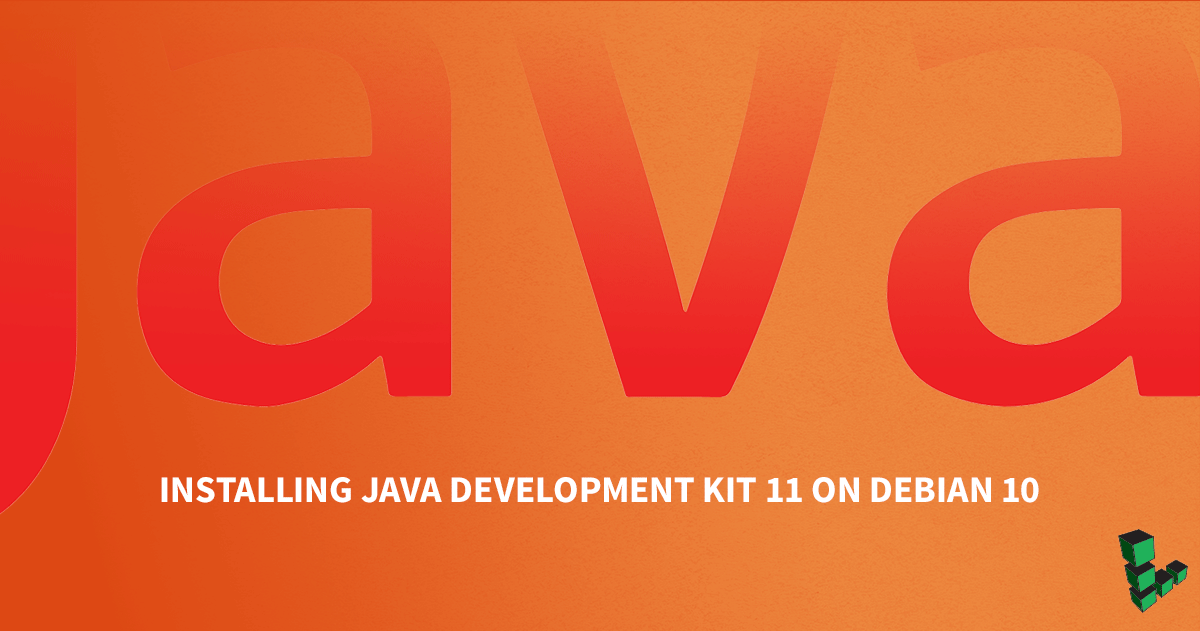
How To Install Java Development Kit 11 on Debian 10 Linode Docs
Step 1 - Add PPA to System The webupd8 team has built a Java installer package for Debian systems. You need to add that PPA repository to your system for installing Java 17 on Debian. Create a new Apt configuration file /etc/apt/sources.list.d/java-17-debian.list, and edit in text editor. ADVERTISEMENT sudo nano /etc/apt/sources.list.d/java.list
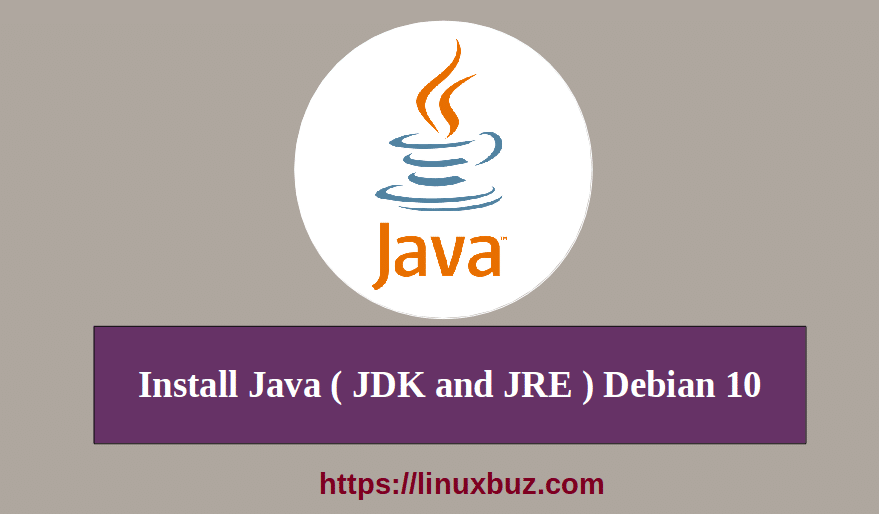
How to Install Java on Debian 10 LinuxBuz
How to Install Java 8 on Debian 10. How to Install Oracle Java 11 on Debian 10. Prerequisites. A server running Debian 10. A root password is set up in your server. Install Java 11 on Debian 10. At the time of writing this tutorial, the OpenJDK 11 is the long term support (LTS) version of Java. By default, it is available in the Debian 10.

How to Install Java (JDK and JRE) on Debian 10 Techlear
Step 1 - Install Java 11 LTS Firstly, we're going to show you how to install the default Java on Debian 10. According to the official Debian wiki, it is used the Java 11 as a default version. Before going any further, let's update the repository and upgrade all packages using the apt command below. sudo apt update sudo apt upgrade

How To Install Java JDK In Debian 10 YouTube
How to Install OpenJDK 11 in Debian 10 To install OpenJDK 11 on Debian 10, login as a regular user with sudo privileges and update the system packages as shown. $ sudo apt update Update Debian 10 Packages If you want to check if Java is installed, run the command. $ java -version Check Java in Debian 10